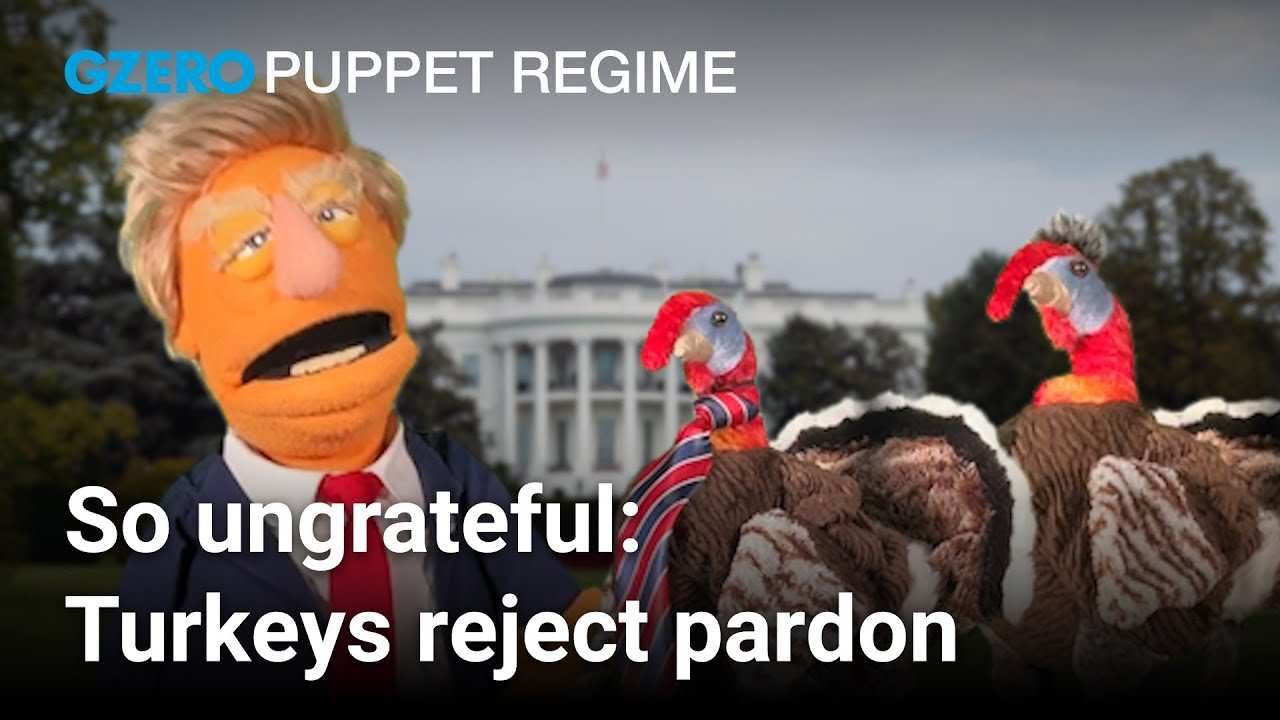$228 billion: China imported about $228 billion worth of integrated circuits in 2016 – more than it spent on imported oil. The country is investing heavily to try to wean itself off its reliance on the US for semiconductors and other key tech components amid escalating tech-trade tensions.
80 million: Nearly 80 million households in India have installed toilets since Prime Minister Narendra Modi began his “Clean India” program to bring universal sanitation by 2019. Before the program launched four years ago, nearly 600 million people in India regularly relieved themselves in the open, contributing to the spread of diseases and other public health problems.
20: Since the First World War, economic sanctions have only achieved their stated objective about a fifth of the time, according to the Peterson Institute. The United States Treasury Department’s Office of Foreign Asset Control currently lists 28 open sanctions programs against various countries and trans-national groups.
13: China accounted for about 13 percent of total funds invested in US startups that took venture capital investment from 2015-2017, ranking second only behind Europe as a source of foreign funds.
1.4: India spends about 1.4 percent of its yearly economic output on healthcare, less than half what China spends as a portion of GDP, and less than a quarter of US healthcare spending. Today, the Modi government is set to roll out the first phase of a new program designed to provide poor families with up to $7,100 each year to cover health care costs.
